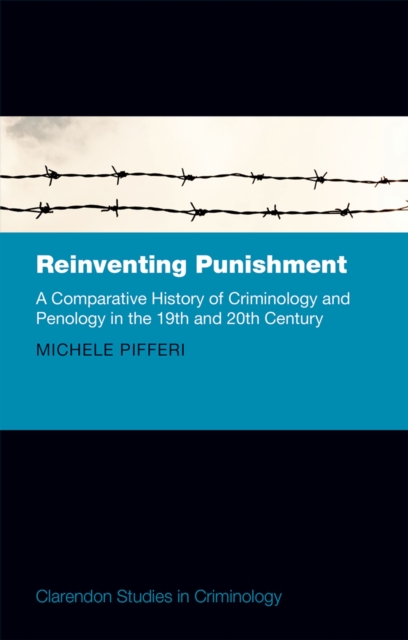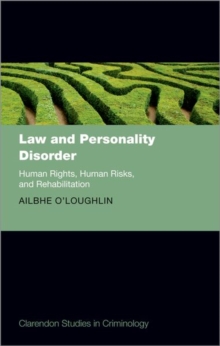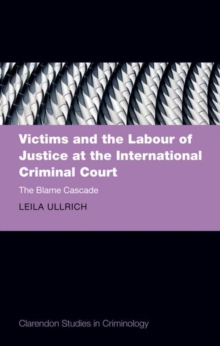
Reinventing Punishment : A Comparative History of Criminology and Penology in the 19th and 20th Century EPUB
by Michele Pifferi
Part of the Clarendon Studies in Criminology series
EPUB
Description
Providing a historical analysis of the impact of criminology on the rationale of punishment and the sentencing systems in Europe and the US between the 1870s and the 1930s, Reinventing Punishment: A Comparative History of Criminology and Penology in the 19th and 20th Century investigates and contrasts the rise of the principles of individualisation of punishment, social defence, preventive justice, and indeterminate sentencing. The manner in which American and European jurisprudence enforced these ideas resulted in the emergence of two different penological identities: the American penal reform movement led to the adoption of the indeterminate sentence system, whereas the European criminological approach resulted in the formulation of the dual track system with punishment and measures of security.
This theoretical divide, discussed at many international congresses and in studies of comparative criminal law, not onlyreflects two different ideas on the legitimacy and purpose of punishment, but also corresponds to two different constitutional views of criminal law.
The book considers the relation between constitutional frameworks (rule of law and Rechtsstaat) and penological claims, explaining how some of thetenets of penal liberalism (such as principle of legality and separation of powers) were affected by penal modernism, even with the rise of authoritarian regimes.
It examines the dilemmas provoked by criminology focusing on the role of the judge in the execution of sentences, the distribution of sentencing powers among judicial and administrative bodies, the balance between social security and individual guarantees, and the inconsistencies of preventive detention. Filling a notable gap in Anglo-American literature by providing a sophisticated panoramic analysis of the development of criminology in late nineteenth and first half of the twentieth century Europe, Reinventing Punishment will be of interest to scholars of criminology, criminal law, and criminal justice studies, as well as legal historians and theorists.
Information
-
Download - Immediately Available
- Format:EPUB
- Pages:320 pages
- Publisher:OUP Oxford
- Publication Date:08/09/2016
- Category:
- ISBN:9780191060977
Other Formats
- PDF from £60.16
Information
-
Download - Immediately Available
- Format:EPUB
- Pages:320 pages
- Publisher:OUP Oxford
- Publication Date:08/09/2016
- Category:
- ISBN:9780191060977










